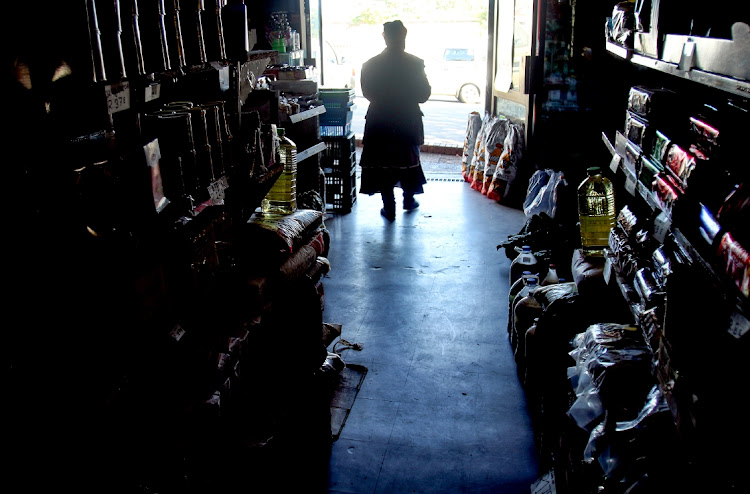Government needs to see light before SA has its own Arab Spring moment

Load-shedding is putting last nail in coffin of crucial small-business sector
To say that load-shedding is an economic risk is too much like jargon, so it goes over many people’s heads.
The implication enough to does not appear personal enough for ordinary people to get frustrated and demand urgent solutions from government.
Load-shedding is not just an inconvenience for the rich. It is an economic risk, a jobs issue, an impediment to economic and social transformation, and ultimately a national security risk.
The International Finance Corporation (IFC) calls small, micro and medium enterprises (SMMEs) in SA the unseen sector. Load-shedding is now destroying this sector, which brings with it several risks for the country.
SMMEs constitute a crucial part of the economy. In high-income countries the sector constitutes about 33% of GDP and 45% of jobs. In emerging markets and developing economies it accounts for 60% of GDP and 70% of jobs.
In SA, SMMEs account for 34% of GDP and between 50% and 60% of jobs. The fact that SMMEs contribute much less to GDP and jobs in SA than in other emerging and developing countries demonstrates we provide less support to this sector.
Even without load-shedding, this unseen sector is under siege.. First, it must deal with underfunding from the fiscally constrained government. Second, commercial banks have an aversion to it because of its lack of collateral and perceived high risk of failure. Third, it must deal with the rise in input costs because of inflation. Fourth, there are operational costs, which include the ever-rising price of electricity when it is available.
Then enter load-shedding, which is the final nail in the coffin. SMMES do not have the financial resources to buy generators and constantly replenish fuel during load-shedding, and many of the SMMEs that close because of the inability to cope with these costs do not reopen.
For small businesses that operate in the hospitality sector, there is the potential health hazard of food poisoning because of load-shedding. Beyond that, water pressure and telecom networks get disrupted, which worsens the blow, not just for the SMME sector but the entire economy.
When Covid struck, there was much talk that reconstruction must produce a more transformed and diversified economy to address the country’s unemployment crisis. Productivity SA has a goal for SMMEs to create 1-million jobs by 2030. There are continuous social compact discussions which place an obligation on big business to increase employment in recognition of the jobs crisis.
Amid all this talk, the problems hampering SMMEs do not appear to be given the necessary attention. There has not been an outcry about how load-shedding is killing SMMEs and jobs. There have not been many voices lamenting the fact that the inability of Eskom to provide electricity is anti-transformational through its negative impact on SMMEs, which are an important avenue enabling those locked out of the economy to be included and have a livelihood.
The availability of electricity must be viewed as a national security issue, not just an economic or fiscal risk. It is pushing SA closer to its Arab Spring moment. We have seen the effect this had on countries such as Tunisia and Egypt.
SA, like Germany which is rekindling its coal-fired power stations, must treat energy availability as a national security issue and quickly address it.
